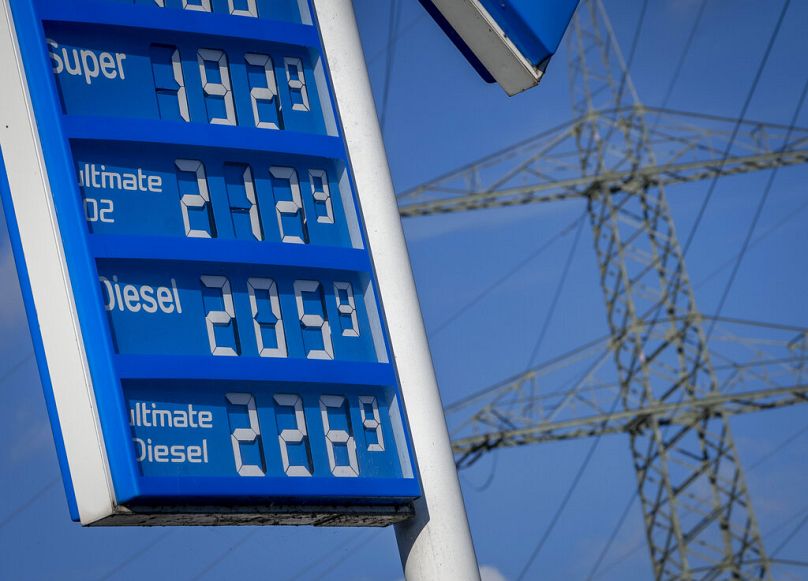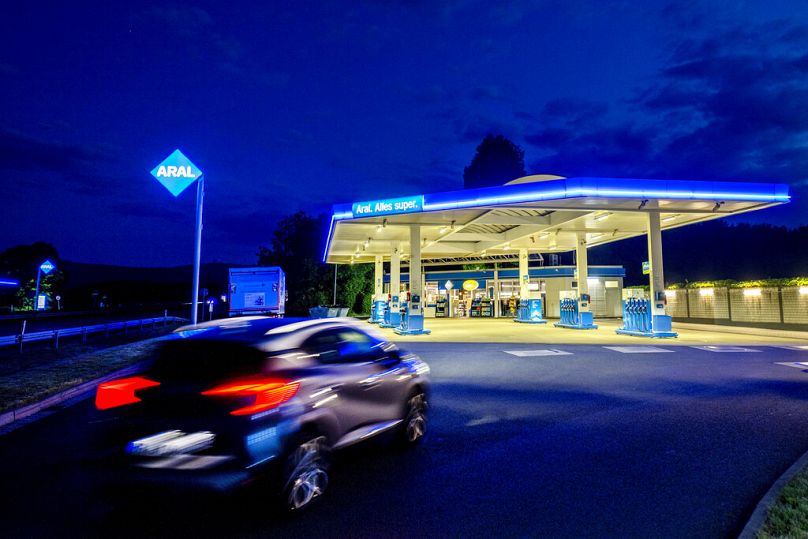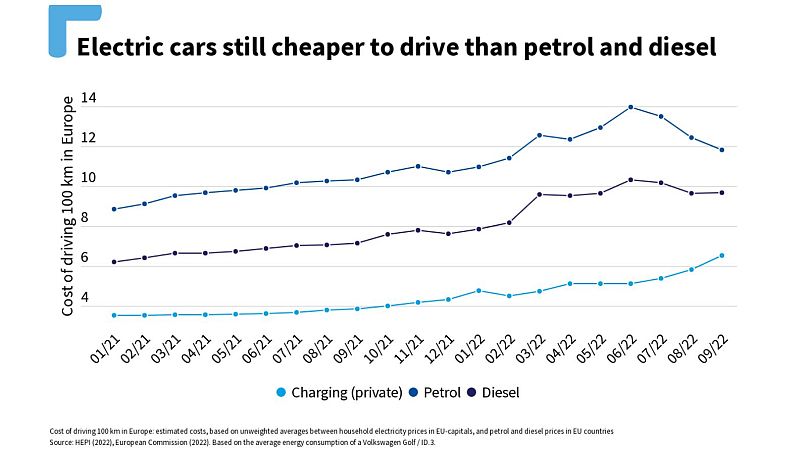31/07/2023 – 13:04 GMT+2
The short answer is yes. But there are big differences from one country to the next, Fabian Sperka writes.
Even if electric cars still cost more to buy than petrol cars, battery-electric vehicles have long been cheaper overall to own and run.
This is largely because recharging has typically cost much less than refuelling, so owning an electric vehicle (EV) would pay off after a couple of years.
This is an irrefutable fact — or at least it was until recently.
Europe’s ongoing energy crisis, fuelled by Russia’s invasion of Ukraine and threats to cut off gas supplies, not only stirred up fears of cold winters but had also sent electricity prices sky-high due to the high share of gas in power generation.
Oil supply, on the other hand, was less affected, and many European countries have been heavily subsidising petrol and diesel.
In September 2022, the average EU household had to pay a staggering 72% more for each kWh of electricity than a year before.
At the pump, aided by governments’ generous subsidies, fuel prices increased less at the same time: diesel by 36% and petrol by only 15%.
The unprecedented surges in electricity prices have thrown into question the notion that recharging is cheaper than refuelling, and some were already predicting that the transition towards e-mobility would come to a sudden halt.
But looking at the facts, is the situation really that dire?
The short answer is no. Even in the midst of unprecedented market distortion, recharging is, on average, still significantly cheaper than refuelling.
The long answer is less straightforward.
The role of fuel subsidies
One reason for low diesel and petrol prices is fuel tax subsidies.
In the wake of the Russian invasion of Ukraine and the initial spike in petrol and diesel prices, many countries started to artificially reduce the price for end consumers through massive subsidies.
EU countries were projected to have spent more than €27 billion in 2022 to lower the price per litre by more than 30 cents in some cases. In some countries, this had pushed prices back down to — and even below — pre-crisis levels.
Charging electricity can be more expensive than petrol or diesel when charging at a super-fast charger along a busy motorway.
Yet, charging at a slow AC charger, especially with a monthly or yearly subscription, will cost only a fraction of what you pay to re-fuel your car — even today.
But it’s worth bearing in mind that nine out of ten EVs are actually charged at home, work or other private charge points, according to the European Commission. And this charging mode is usually the cheapest of all.
Filling up on petrol is still 80% more expensive than recharging an EV
A T&E analysis of household electricity prices in EU capitals (up-to-date national prices are not available) and weekly petrol and diesel prices shows that driving 100 kilometres with an average electric car in September 2022 cost about €6.50 — if the car was charged at home.
Driving the same distance with a petrol car was on average 80% more expensive and, with a diesel, 50% more expensive.
But this doesn’t play out equally in all countries.
In Italy and Germany, where electricity prices are among the highest in Europe — due to their heavy reliance on gas — the differences were only marginal, at least for diesel compared to electricity.
Meanwhile, drivers saved up to 117% by recharging instead of refuelling in Spain and a staggering 170% by plugging in instead of filling up in Poland.
While our analysis is based on the average electricity price in each city, it is important to remember that electric cars are mostly charged during off-peak hours at night. Hence, it is cheaper for the many consumers who have a different day/night electricity rate.
Renewable energy is the cheapest in the long run
The price hike Europeans have to take into consideration remains due to the continent’s overreliance on fossil fuels in general and Russian gas in particular.
The best way out of this would be a massive increase in renewable energy sources.
This would not only bring down electricity prices in the medium and long term but is also the only real way Europe can secure its energy supply in an increasingly unpredictable geopolitical environment.
Fabian Sperka is a Vehicles Policy Manager at the green campaign group Transport & Environment (T&E).
This article was originally published on 1 November 2022.
At Euronews, we believe all views matter. Contact us at [email protected] to send pitches or submissions and be part of the conversation.
















